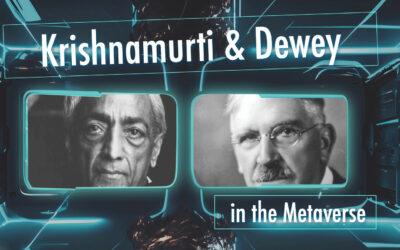Today’s NYTimes has a story Welcome, Freshmen. Have an iPod about universities handing out iPhones and iTouchs to freshmen. A part of this may be making specific universities look “cool” to their incoming students – a requirement in the highly competitive world of university selection. But as can be expected, some faculty are not amused.
The rush to distribute the devices worries some professors, who say that students are less likely to participate in class if they are multitasking. “I’m not someone who’s anti-technology, but I’m always worried that technology becomes an end in and of itself, and it replaces teaching or it replaces analysis,” said Ellen G. Millender, associate professor of classics at Reed College in Portland, Ore.
They also quote Robert S. Summers, a professor at Cornell Law School who it appears, “announced this week — in a detailed, footnoted memorandum — that he would ban laptop computers from his class on contract law.”
I don’t know how to even respond to comments such as these – maybe ignoring them is the best way to go.
That said, the article ends with Duke University, where students were given iPods to record lectures, and consume the content. Surprisingly
… that is not all that the students did. They began using the iPods to create their own “content,” making audio recordings of themselves and presenting them. The students turned what could have been a passive interaction into an active one.




I really like how students constructed their learning through the use of technology; specifically the technology that was made available to them from the university!
In teaching third grade last year, I was constantly impressed with students ability to demonstrate their learning with their own products-some with PowerPoint, some with Word, some with Photo Story, and even some with video.
I guess for those professors that are teacher-centered, the use of technology is clearly a distraction for the student who now must simply sit back to a passive interaction of listening to a lecture from their prof.
Sign me up at Duke!